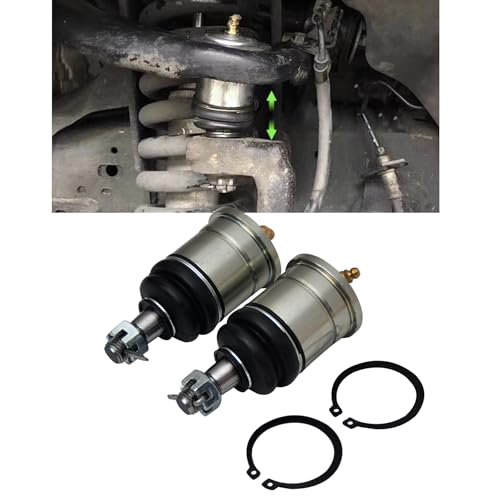K
KraftyPg
Guest
Even though there is still many differing factors what I'd really like to see is someone do such a trip (like the Nullarbor) one way with oil added and the other way without and see just how much difference there is. I'm not overly interested in noise reductions or the like but short of doing the exact same trip twice and somehow managing to drive exactly the same way each time doing each way differently would give some what of a base line for the economy side of things atleast.
It's even relatively pointless trying to compare my economy over the same distance to that of FISHALOT (who is adding oil) because of the different tyres and the 2 inch lift which mine doesn't have. But none the less I'll still be interested in seeing some figures.
Also FISHALOT in case you haven't read my thread about crossing the Nullarbor a few months ago or don't already know. Avoid Mundrabilla for fuel as it's BIO and if you desperately need fuel at Eucla make sure you use the pump nozzle closest to the shop, or just travel 12 ks to Border Village, the price might be slightly higher but at least their pumps don't lie.
It's even relatively pointless trying to compare my economy over the same distance to that of FISHALOT (who is adding oil) because of the different tyres and the 2 inch lift which mine doesn't have. But none the less I'll still be interested in seeing some figures.
Also FISHALOT in case you haven't read my thread about crossing the Nullarbor a few months ago or don't already know. Avoid Mundrabilla for fuel as it's BIO and if you desperately need fuel at Eucla make sure you use the pump nozzle closest to the shop, or just travel 12 ks to Border Village, the price might be slightly higher but at least their pumps don't lie.


























